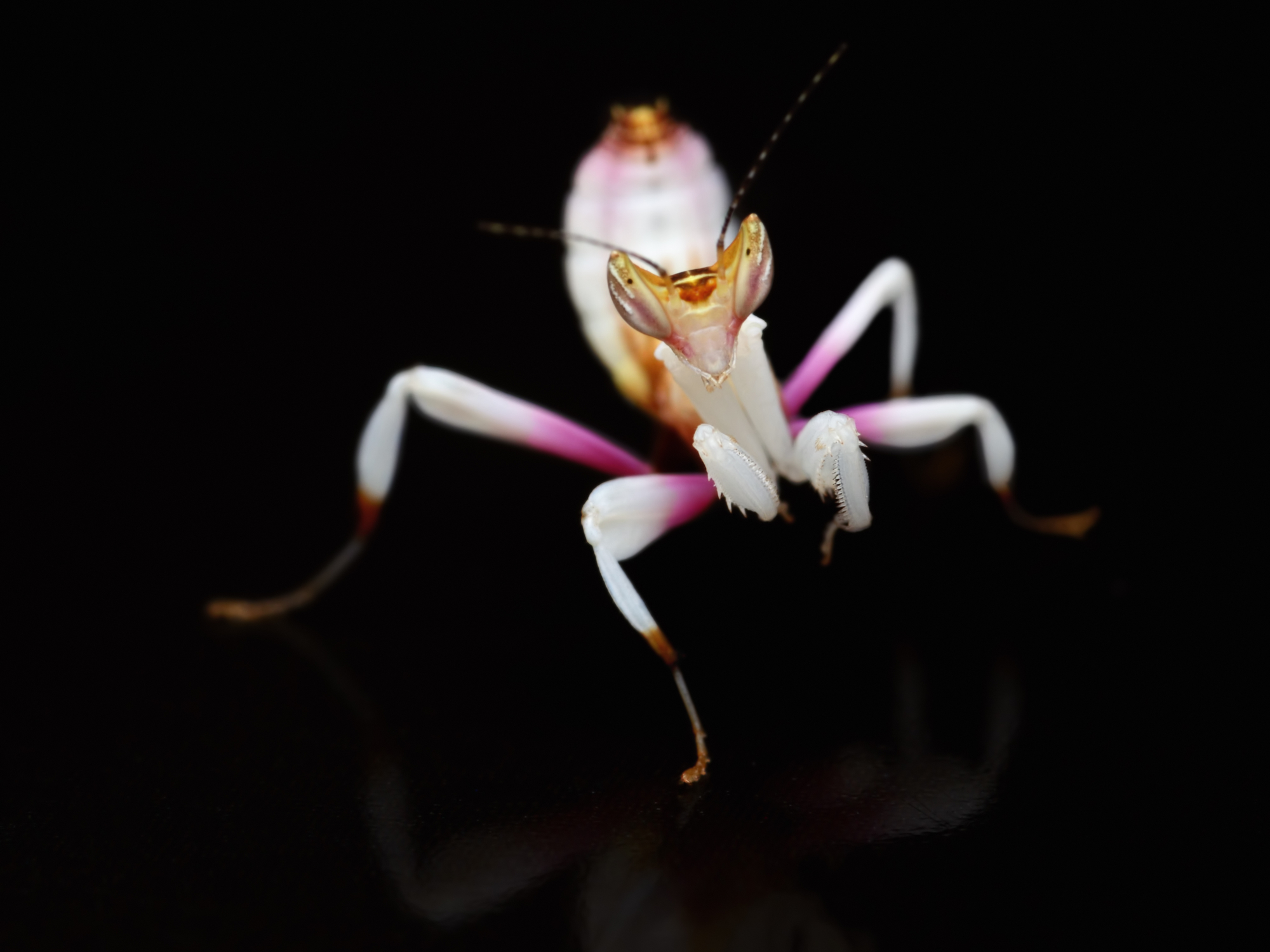Special Agent Ryan Bessey was in his office at the New Jersey branch of the U.S. Fish and Wildlife Service, in Galloway, on September 23, 2015, when he took a call from a colleague in the intelligence unit. The analyst told him that French customs officers had seized 115 emperor scorpions in two shipments from Cameroon. They were addressed to a man in Metuchen, New Jersey, named Wlodzimie Lapkiewicz.
If French authorities considered the bust important enough to tell the U.S. about it, Lapkiewicz was worth looking into, Bessey thought. He began to do some digging.
He discovered that Lapkiewicz had a track record in the U.S. too. Two months earlier, emperor scorpions and giant African millipedes from Tanzania had escaped from a package addressed to Lapkiewicz on a postal service delivery truck. (An exterminator killed the animals.)
Around the same time, Bessey says he learned that Lapkiewicz was selling spiders, millipedes, and emperor and dictator scorpions on Facebook. The criminal complaint alleges that Lapkiewicz was instructing suppliers to mislabel boxes to evade customs officers. “It showed this was part of an ongoing commercial enterprise,” Bessey says.
Lapkiewicz didn’t respond to multiple Facebook messages from National Geographic requesting an interview, and his lawyer didn’t respond to emails and a voicemail.
It’s illegal to import most insects and other arthropods, including spiders, scorpions, and millipedes, or their parts, into the U.S. without a permit from the Fish and Wildlife Service. The U.S. Department of Agriculture also requires a permit to bring in some live invertebrates. Emperor scorpions and dictator scorpions require special paperwork because they’re listed by the Convention on International Trade in Endangered Species of Wild Fauna and Flora (CITES), an international agreement that regulates cross-border sales of species.
Then three years later, in 2018, U.S. customs officers in Indiana seized about a dozen giant African millipedes from a Lapkiewicz-bound package labeled “Plush Toys for my Friends Child about to be born,” according to the criminal complaint. A couple of weeks after that, wildlife inspectors at New York’s John F. Kennedy Airport opened a shipment addressed to Lapkiewicz to find 245 small cylinders containing the egg sacs of orchid mantises, pink and white insects from Southeast Asia that look like flower petals.
In August 2018 the U.S. District attorney’s office charged Lapkiewicz with smuggling wildlife and false labeling—federal crimes that carry a collective maximum of 25 years in prison. Lapkiewicz pleaded guilty to smuggling wildlife only. He was sentenced on July 2, 2019, to six months home confinement and four years probation.
“I knew at the time that there was a market for invertebrates,” says Bessey, who had worked as an agent for five years before investigating Lapkiewicz. “I really didn’t realize how large the market was until this case.”
IRW intern Victoria Regis Knight contributed to this investigation. Read the full story on both IRW’s site and on National Geographic.





